The term trolling refers to a wide range of digital activity usually associated with behavior that would be deemed socially unacceptable if conducted in an offline, physical setting between individuals. Activity such as bullying, harassment, stalking and the abuse of others are conducted, quite often anonymously and generally without consequence to the perpetrators.
There can be an argument made, as put forward in one of the class readings this week, that there are productive aspects to trolling. Through this lens, trolling can be defined as ‘acts of citizenship’ fueled by the passion and vitriol of individuals, and can be a productive form of provocation. (McCosker, 2014)
In that way, they can be seen as maladaptive acts of citizenship, and “productive” forms of provocation. McCosker also states that what is defined as trolling can be rather vague, and is always changing forms.
Are there any positives to trolling behavior?
While I agree that the term trolling does cover a myriad of online activities, from deception and manipulation of media, even in the creation of memes for the fun of a digital public (Donath, 1999) through to pointed attacks on individuals or ideas to disrupt and anger community members (Dahlberg, 2001), or even in bullying between members of social groups (boyd 2014).
I personally see that digital provocation and the questioning of hegemonic and socially unjust ideas is an important component of public discourse. I disagree that the examples provided in Anthony McCoskers’ analysis of agonistic YouTube publics, via the comments made on videos related to the Christchurch earthquake, and a haka flash mob, constitute any form of positive publics.
Conflict is quite often a productive part of society, however the way conflict can be conducted on social media platforms, quite often with asymmetric power dynamics at play (against victims of crime, or marginalised communities) and with no potential of consequences against perpetrators has very little potential for a positive outcome. In addition to this, from reading through the example comments provided, made via people hiding behind pseudonymous accounts I see clear examples of anti-social activity that could produce long term emotional damage to victims and participants of these events.
In addition to this, trolling behavior also provides the possibility for other trolls to ‘pile on ‘and build a large community of people bullying a particular individual, a signal to the social media platform itself to promote the visibility of these interactions, amplifying the intensity and spread of this vitriolic activity (Polak, Trottier 2020).
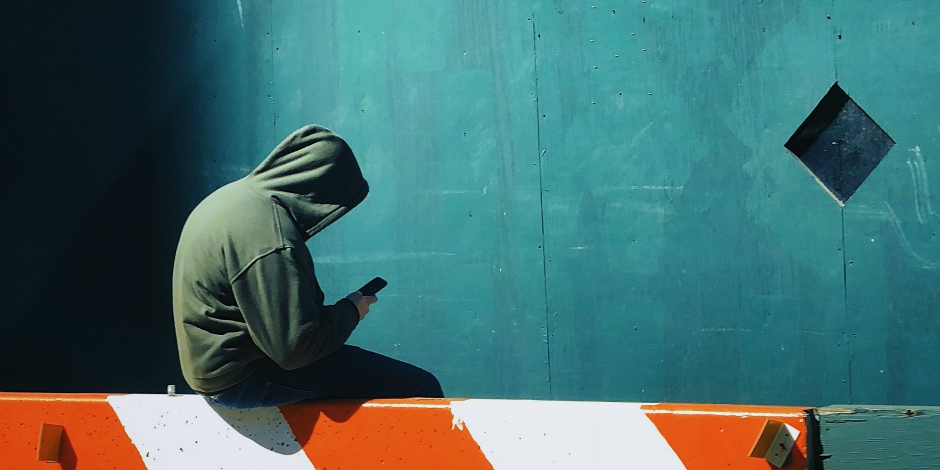
So what is the damage?
The ability for these algorithmically fuelled exchanges is proven to have adverse mental health impacts on individuals (Landstedt, Persson, 2014). There is also the issue when such trolling is used to dispute verified facts, disrupt conversation and consensus building on important issues such as climate change, or debate verified and evidence based truth. This has been particularly evident in the Covid-19 pandemic, where the agonistic publics referred to by McCosker have been a breeding ground for anti-vaccination based trolling behavior (Thelwall, Kousha, Thelwall 2021).
To summarise, we can see via this exploration of trolling that while it might start off as occurring for the enjoyment or humour of a particular subset of individuals, it has far deeper and more troubling consequences for society in general.
REFERENCES
boyd, D 2014, ‘Bullying: Is the Media Amplifying Meanness and Cruelty?’, It’s Complicated: The Social Lives of Networked Teens, Yale University Press, New Haven, USA, pp. 128–52.
Donath JS 1999, ‘Identity and deception in the virtual community’, in MA, Smith & P, Kollock (eds), Communities in Cyberspace, Routledge, London, pp. 27–58.
Dahlberg L 2001, ‘Computer–Mediated Communication and the Public Sphere: A critical analysis’, Journal of Computer Mediated–Communication, vol. 7, no. 1, viewed 16/8/21, <http://jcmc.indiana.edu/vol7/issue1/dahlberg.html>.
Landstedt, E & Persson, S, 2014, Bullying, cyberbullying, and mental health in young people, London, England: SAGE, Scandinavian journal of public health, 2014-06-01, Vol.42 (4), p.393-399
McCosker, A & Graham, T 2018, ‘Data publics: Urban protest, analytics and the courts’, M/C Journal, vol. 21, no. 1.
Polak, S & Trottier, D 2020, Violence and Trolling on Social Media : History, Affect, and Effects of Online Vitriol, Amsterdam University Press
Thelwall, M & Kousha, K & Thelwall, S 2021, Covid-19 vaccine hesitancy on English-language Twitter, Barcelona: El Profesional de la Informacion, El profesional de la informacion, 2021, Vol.30 (2)
IMAGES
What Is an Internet Troll? (and How to Handle Trolls)
<https://www.howtogeek.com/wp-content/uploads/2020/01/1-internet-troll.png?width=1198&trim=1,1&bg-color=000&pad=1,1>
How to Deal With Social Media Trolls:
<https://mk0hootsuiteblof6bud.kinstacdn.com/wp-content/uploads/2015/11/social-media-trolls-620×310.jpg>
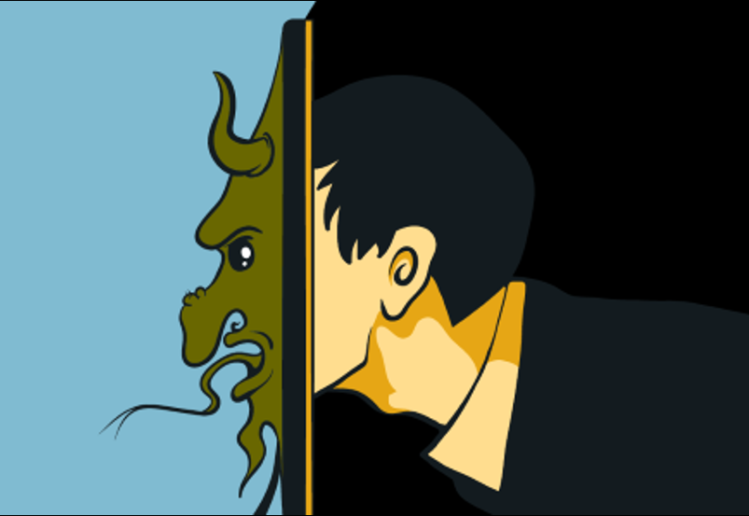
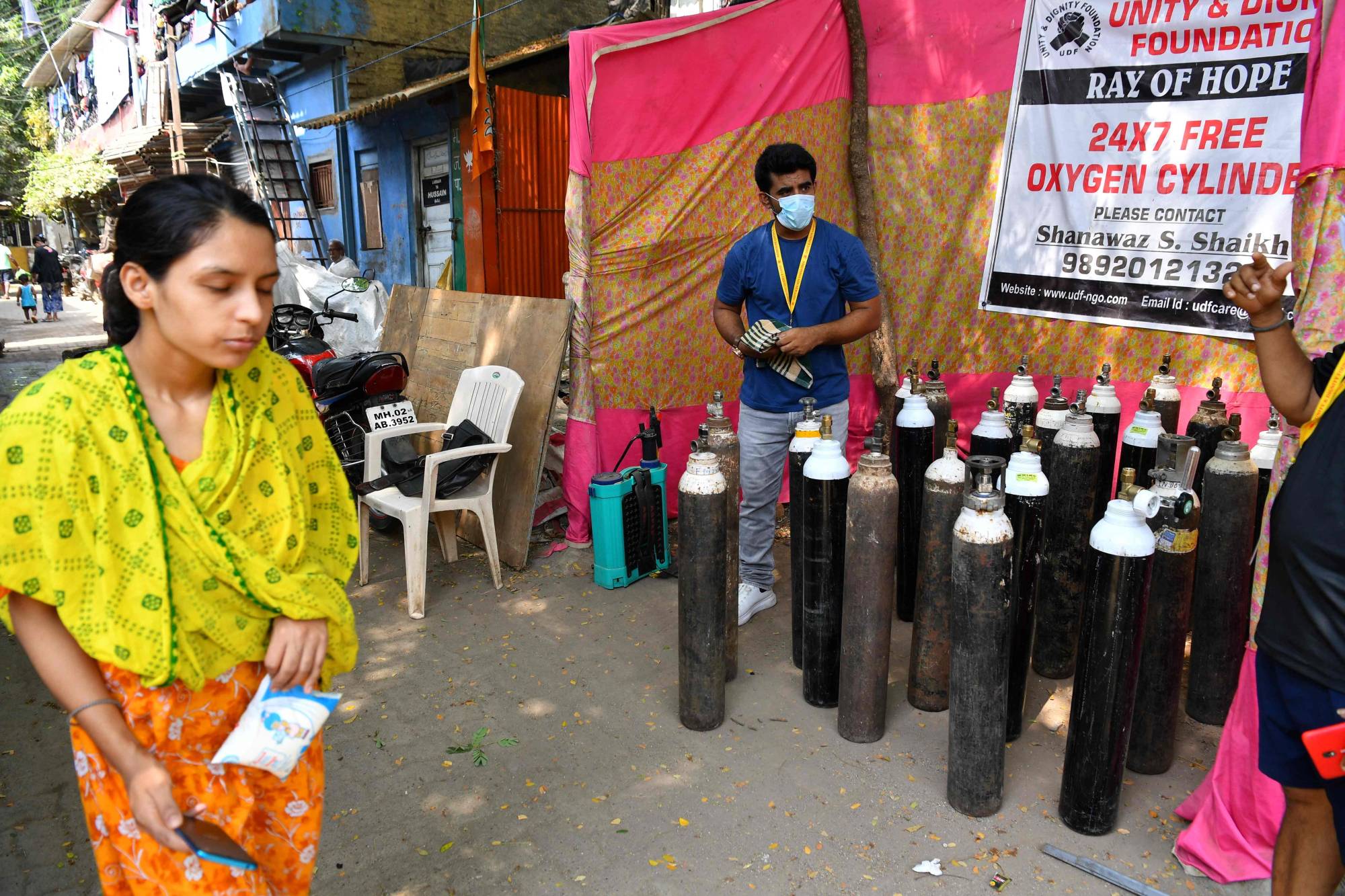
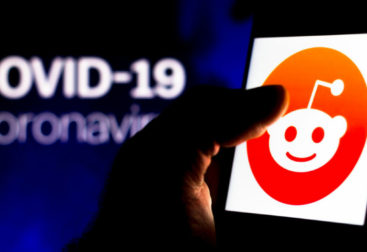


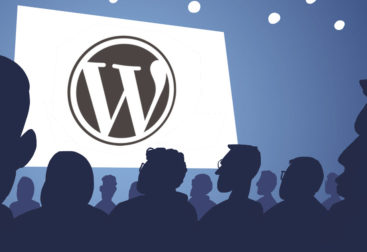
Hi Steve,
Fantastic post! You’ve taken a unique spin on the topic this week because when it comes to trolling, we all immediately think of all the negative impacts (which they usually are), so I was interested to hear your thoughts!
I wasn’t shocked to discover, as you mention, trolling has no positive impact as it’s anti-social behaviour that could really upset and cause real damage to the victims. What makes it worse is that it’s hard to stop these trolls as they’re usually anonymous, and even if the victim blocks them, they often create new accounts/profiles.
Regarding your actual post, I would love to see more hyperlinks or interactive elements to keep the reader engaged in your writing! But besides that, your writing is clear and conversational.
Keep up the great work. I can’t wait to read your next post! 🙂
Hi Steve,
I loved your take on trolling and conflict, especially in regards to whether there are any benefits to it. I do agree that conflict is necessary, but that trolling specifically is taking it too far – however I would argue there are cases where trolling someone (say, a prominent right-wing figure or bigot) might be the only way to feel a modicum of control over something, as the figure is unlikely to ever change their mind. I suppose that’s why it happens so often.